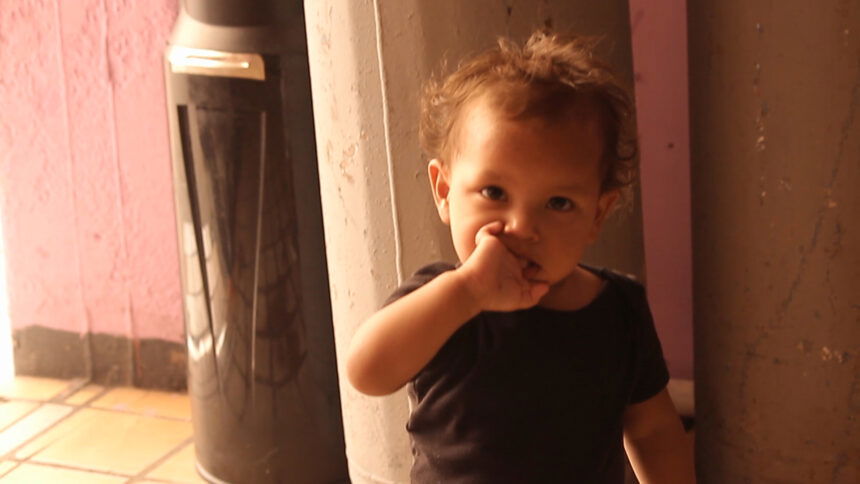Migrant shelters receive fewer donations amid the COVID-19 pandemic

"I want them to know they are welcomed in the U.S.," says a volunteer for migrant shelters
MEXICALI, B.C. (KYMA, KECY) - The Central American countries of Guatemala, Honduras, and El Salvador are among the world’s most dangerous countries.
The homicide rate is nearly five times what the World Health Organization considers an “epidemic.”
This has led to millions commencing a dangerous journey on foot with children, babies, with the hopes of escaping death only by walking straight through it.
“When I left my house I left without thinking of it because of what they did to me and what they wanted to do to my son, its cause I uh couldn’t pay what they were asking me and they wanted to kill him,” said Deborah, a refugee from Guatemala.
“We have a huge crisis in our country the jobs and the education and in regards to health it's hard for one who from the low socio-economic class we don’t rely on resources and to have a child in a private school it’s super hard,” said Adaled Paz, Refugee from Honduras.
Adaled says he left Honduras with his oldest son and hasn’t seen his daughter or wife in 7 months.
“That for me has been really hard I’ve never been separated from them, 12 years together, living with them, minute by minute, day by day so 7 months have felt like an eternity.”
Under the table jobs in Mexico only pay a couple of U.S. dollars at which makes shelters like this rely heavily on donations.
Imperial County man Robert Holzman has been actively volunteering and helping out the shelter. He organized a child's swimming pool to be brought to the shelter.
“You know we hear about refugees fleeing horrible situations violence, war all over the world umm whether its Africa, Asia or the Middle East, these people these people left one of the most violent areas in the world Central America—really they are people without a country they can’t go home and they can’t come into the United States yet and really the government of Mexico is doing anything for them,” said Robert Holzman.
Holzman says he just wants them to know that they are welcome here.
“There are tough people here, they’ve come a long way we want to encourage them they came this far the promise land is just across the border be patient we’re going to get them to safety and let them start a new life.”
All of the asylum cases are put on a hold because of the pandemic.
"I know there's not a country that is safe but I know we’re far from the people who want to harm us and so maybe there he’ll feel free.. and it will be safer,"she said.